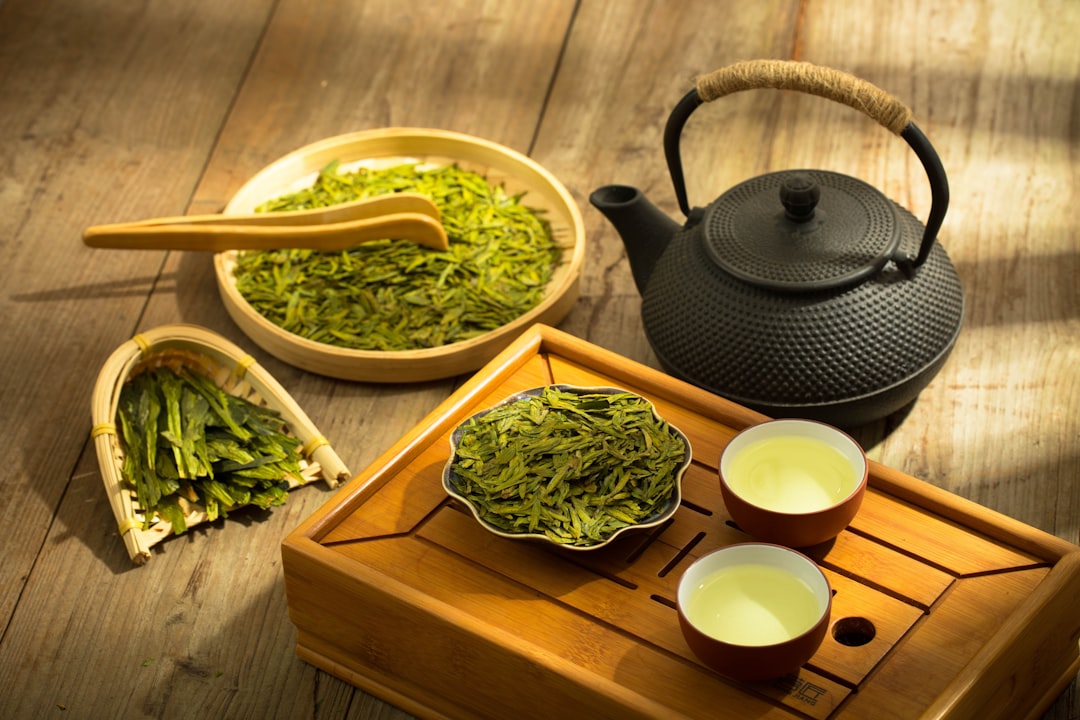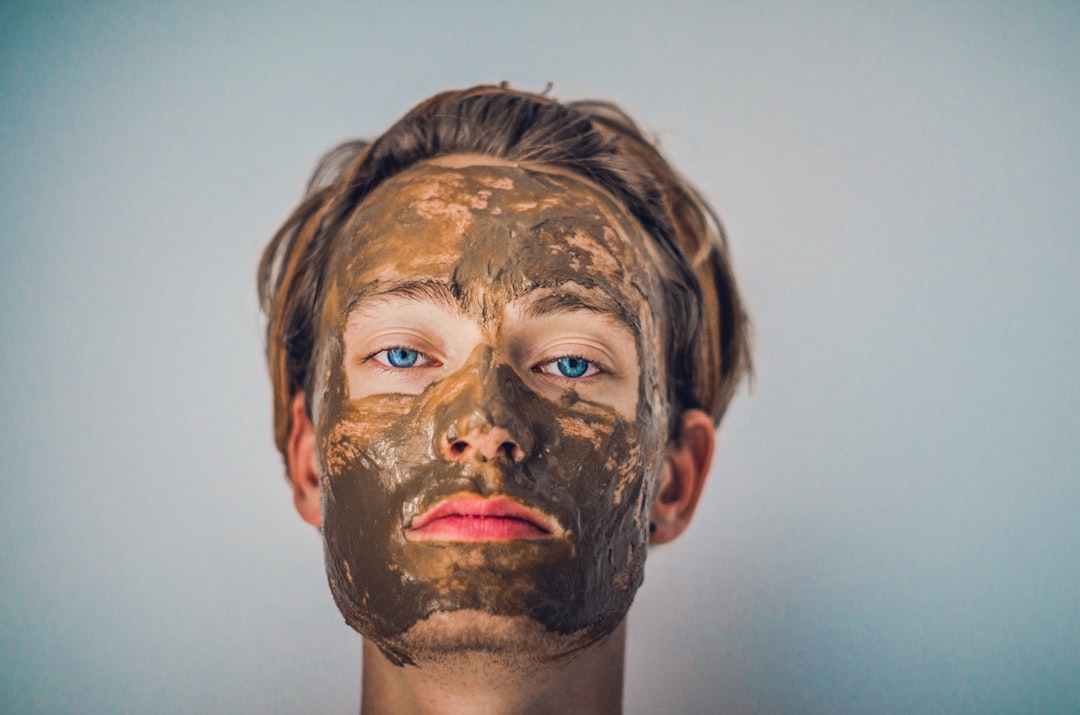Skincare is an essential part of our daily routine, but with so many products and conflicting advice out there, it can be overwhelming to know where to start. To help demystify the world of skincare, let’s start with some common questions and answers.
1. What is the purpose of a skincare routine?
A skincare routine is designed to cleanse, nourish, and protect the skin. It helps to remove dirt, oil, and impurities from the skin’s surface, while also providing hydration and protection from environmental factors such as UV rays and pollution.
2. How often should I cleanse my skin?
It’s recommended to cleanse your skin twice a day, in the morning and evening. This helps to remove any build-up of dirt and oil, as well as any makeup or sunscreen that may have been applied during the day.
3. Do I really need to use a moisturiser if I have oily skin?
Yes, even oily skin needs hydration. Using a lightweight, oil-free moisturiser can help to balance the skin’s natural oils and prevent it from overproducing oil in response to dryness.
4. What is the difference between physical and chemical exfoliation?
Physical exfoliation involves using a scrub or tool to physically remove dead skin cells from the surface of the skin, while chemical exfoliation uses acids or enzymes to dissolve the bonds between dead skin cells, allowing them to be easily sloughed off.
5. How can I protect my skin from sun damage?
Using a broad-spectrum sunscreen with an SPF of at least 30 is essential for protecting your skin from the harmful effects of UV rays. It’s important to apply sunscreen every day, even on cloudy or overcast days, and to reapply it every two hours when spending time outdoors.
Summary
- Skincare is essential for maintaining healthy and glowing skin, and it’s important to understand the different skin types and common concerns.
- Different skin types require different skincare routines, so it’s important to identify your skin type and choose products accordingly.
- Common skincare concerns such as acne, dryness, and ageing can be addressed with the right products and consistent skincare routine.
- Consistency is key when it comes to skincare, so establishing a daily routine and sticking to it is crucial for achieving and maintaining healthy skin.
- Natural and organic skincare options can be beneficial for those with sensitive skin, as they are free from harsh chemicals and additives.
Understanding Different Skin Types
Understanding your skin type is crucial for choosing the right skincare products and creating an effective skincare routine. There are five main skin types: normal, dry, oily, combination, and sensitive.
Normal skin is well-balanced, with small pores and few imperfections. It’s neither too oily nor too dry and usually has a smooth texture.
Dry skin tends to feel tight and may appear flaky or rough. It’s often more sensitive and prone to fine lines and wrinkles due to a lack of natural oils.
Oily skin is characterised by an overproduction of sebum, leading to a shiny complexion and enlarged pores. It’s more prone to acne and breakouts due to the excess oil.
Combination skin is a mix of both oily and dry areas, with an oily T-zone (forehead, nose, and chin) and drier cheeks. This type of skin requires a balanced approach to skincare.
Sensitive skin is easily irritated by environmental factors, certain ingredients, or changes in temperature. It may appear red, itchy, or inflamed and requires gentle, soothing products.
It’s important to identify your skin type in order to choose products that are specifically formulated to address your individual needs. For example, someone with oily skin may benefit from using a lightweight, oil-free moisturiser, while someone with dry skin may need a richer, more hydrating formula.
Common Skincare Concerns and Solutions
Skincare concerns can vary widely from person to person, but there are some common issues that many people face. Here are a few common skincare concerns and some potential solutions:
1. Acne
Acne is a common skin condition that occurs when hair follicles become clogged with oil and dead skin cells, leading to pimples, blackheads, and whiteheads. To help prevent and treat acne, it’s important to cleanse the skin regularly, use non-comedogenic (non-pore-clogging) products, and consider incorporating ingredients like salicylic acid or benzoyl peroxide into your routine.
2. Dryness
Dry skin can be caused by a variety of factors, including genetics, environmental conditions, and harsh skincare products. To combat dryness, it’s important to use a gentle cleanser, hydrating moisturiser, and consider incorporating a hydrating serum or facial oil into your routine.
3. Hyperpigmentation
Hyperpigmentation refers to areas of the skin that are darker than the surrounding skin due to an overproduction of melanin. To help reduce hyperpigmentation, it’s important to use sunscreen daily to prevent further darkening of the skin, as well as incorporating ingredients like vitamin C, niacinamide, or retinoids into your routine to help fade existing pigmentation.
4. Sensitivity
Sensitive skin can be easily irritated by certain ingredients or environmental factors. To help soothe sensitive skin, it’s important to use gentle, fragrance-free products and avoid harsh exfoliants or treatments that may exacerbate irritation.
By addressing these common skincare concerns with targeted products and a consistent routine, it’s possible to improve the overall health and appearance of your skin.
The Importance of a Consistent Skincare Routine
Consistency is key when it comes to skincare. Establishing a regular routine helps to maintain the health and appearance of your skin by addressing its specific needs on a daily basis.
A consistent skincare routine can help to:
1. Maintain Skin Health
Regular cleansing helps to remove dirt, oil, and impurities from the skin’s surface, preventing clogged pores and breakouts. Using moisturiser helps to keep the skin hydrated and protected from environmental factors that can lead to dryness or damage.
2. Address Specific Concerns
By incorporating targeted treatments into your routine, such as serums or exfoliants, you can address specific skincare concerns such as acne, hyperpigmentation, or signs of ageing.
3. Prevent Future Damage
Using sunscreen daily helps to protect the skin from the harmful effects of UV rays, preventing sun damage and premature ageing.
4. Establish Healthy Habits
Creating a consistent skincare routine helps to establish healthy habits that contribute to overall well-being. Taking time for self-care and prioritising your skincare routine can have positive effects on your mental health as well.
By committing to a consistent skincare routine tailored to your individual needs, you can maintain the health and appearance of your skin for the long term.
Exploring Natural and Organic Skincare Options
Natural and organic skincare products have become increasingly popular in recent years as people seek out cleaner, more sustainable alternatives to traditional skincare products. These products are formulated with natural ingredients such as plant extracts, essential oils, and botanicals, and are often free from synthetic fragrances, parabens, and other potentially harmful chemicals.
Natural and organic skincare options offer several potential benefits:
1. Gentle Formulations
Many natural and organic skincare products are formulated with gentle ingredients that are less likely to cause irritation or sensitivity in the skin.
2. Environmental Sustainability
By choosing natural and organic skincare options, you can support sustainable farming practices and reduce your environmental impact by using products that are free from synthetic chemicals and potentially harmful ingredients.
3. Potential Health Benefits
Some people may find that natural and organic skincare products are better tolerated by their skin due to the absence of synthetic fragrances or harsh chemicals.
When exploring natural and organic skincare options, it’s important to look for products that are certified by reputable organisations such as the Soil Association or COSMOS. These certifications ensure that the products meet strict standards for organic ingredients and sustainable production methods.
Addressing Skincare Myths and Misconceptions
There are many myths and misconceptions surrounding skincare that can lead to confusion and misinformation. Let’s address some common myths and provide clarity on these topics:
1. Myth: The higher the SPF, the better the protection.
While it’s important to use sunscreen with a sufficient SPF (at least 30), higher SPF values do not necessarily provide significantly better protection. The key is to apply sunscreen generously and reapply it regularly throughout the day for optimal protection.
2. Myth: Oily skin doesn’t need moisturiser.
Even oily skin needs hydration. Using a lightweight, oil-free moisturiser can help balance the skin’s natural oils without clogging pores or exacerbating oiliness.
3. Myth: Natural ingredients are always better for the skin.
While natural ingredients can offer benefits for some people, not all natural ingredients are suitable for every skin type. It’s important to consider individual sensitivities and allergies when choosing skincare products, whether they contain natural or synthetic ingredients.
4. Myth: You only need sunscreen on sunny days.
UV rays can penetrate clouds and cause damage to the skin even on overcast days. It’s important to use sunscreen every day, regardless of the weather.
By dispelling these myths and misconceptions, we can make more informed decisions about our skincare routines and product choices.
Tips for Achieving Healthy and Glowing Skin
Achieving healthy, glowing skin is a goal for many people, but it requires a combination of good skincare habits and lifestyle choices. Here are some tips for achieving healthy and glowing skin:
1. Stay Hydrated
Drinking plenty of water helps to keep the skin hydrated from within, contributing to a plump and radiant complexion.
2. Eat a Balanced Diet
A diet rich in fruits, vegetables, lean proteins, and healthy fats provides essential nutrients that support overall skin health.
3. Get Adequate Sleep
Quality sleep is essential for cell regeneration and repair, helping to maintain healthy-looking skin.
4. Manage Stress
Chronic stress can contribute to various skin issues such as acne or eczema. Finding healthy ways to manage stress can have positive effects on your skin.
5. Protect Your Skin
Using sunscreen daily helps protect your skin from UV damage that can lead to premature ageing and other issues.
6. Be Gentle with Your Skin
Avoid harsh scrubbing or over-exfoliating, as this can damage the skin’s barrier and lead to irritation.
By incorporating these tips into your daily routine alongside a consistent skincare regimen tailored to your individual needs, you can work towards achieving healthy, glowing skin that you can feel confident in.
In conclusion, understanding your skin type, addressing common skincare concerns with targeted solutions, establishing a consistent skincare routine, exploring natural and organic options when appropriate, dispelling myths and misconceptions about skincare practices, and following tips for achieving healthy and glowing skin are all essential components of maintaining optimal skincare health. By prioritising self-care through a thoughtful approach to skincare practices, you can achieve long-term benefits for your overall well-being while feeling confident in your own skin.
FAQs
What is a skincare Q&A?
A skincare Q&A is a question and answer session where individuals can ask questions about skincare and receive expert advice and recommendations.
Who is a beauty enthusiast?
A beauty enthusiast is someone who is passionate about skincare, makeup, and other beauty-related topics. They often have a deep knowledge of products, techniques, and trends in the beauty industry.
What can I expect from a skincare Q&A with a beauty enthusiast?
During a skincare Q&A with a beauty enthusiast, you can expect to receive personalized advice and recommendations for your skincare concerns. The beauty enthusiast will answer questions about specific products, skincare routines, and common skincare issues.
How can I participate in a skincare Q&A with a beauty enthusiast?
Participating in a skincare Q&A with a beauty enthusiast typically involves submitting your questions through a designated platform, such as a social media account or a website. The beauty enthusiast will then select and answer the questions during the Q&A session.
What are the benefits of participating in a skincare Q&A?
Participating in a skincare Q&A allows individuals to receive expert advice tailored to their specific skincare needs. It can help them make informed decisions about skincare products and routines, and address any concerns they may have about their skin.




